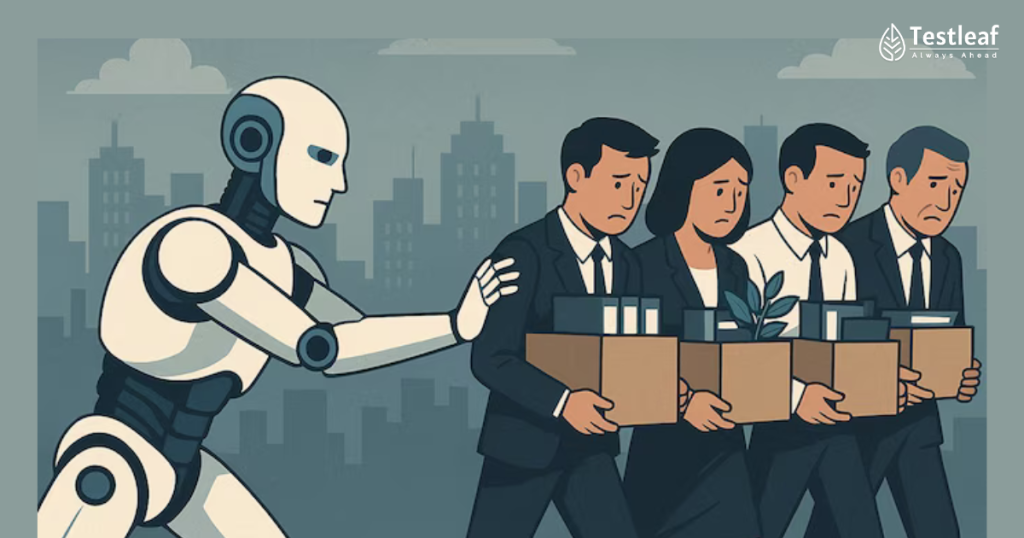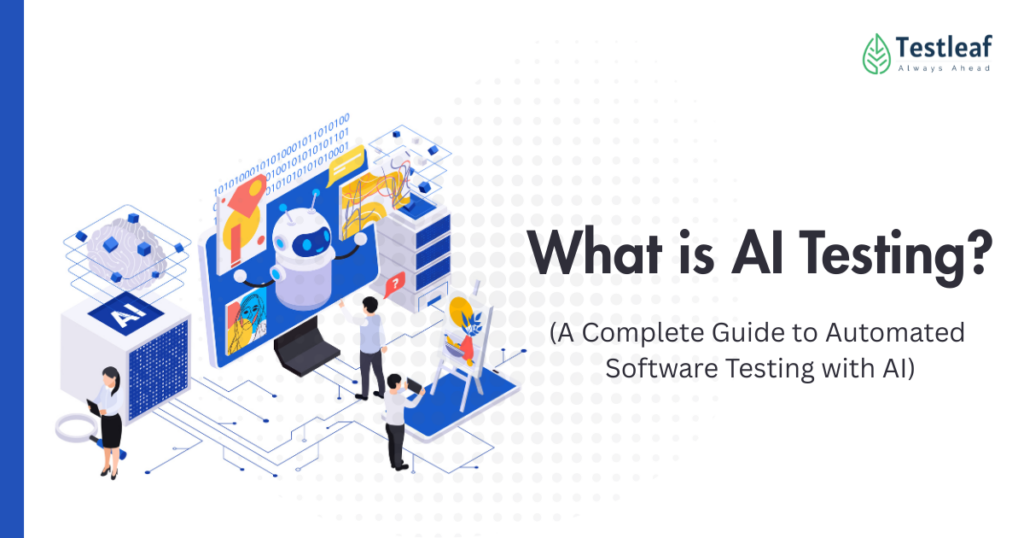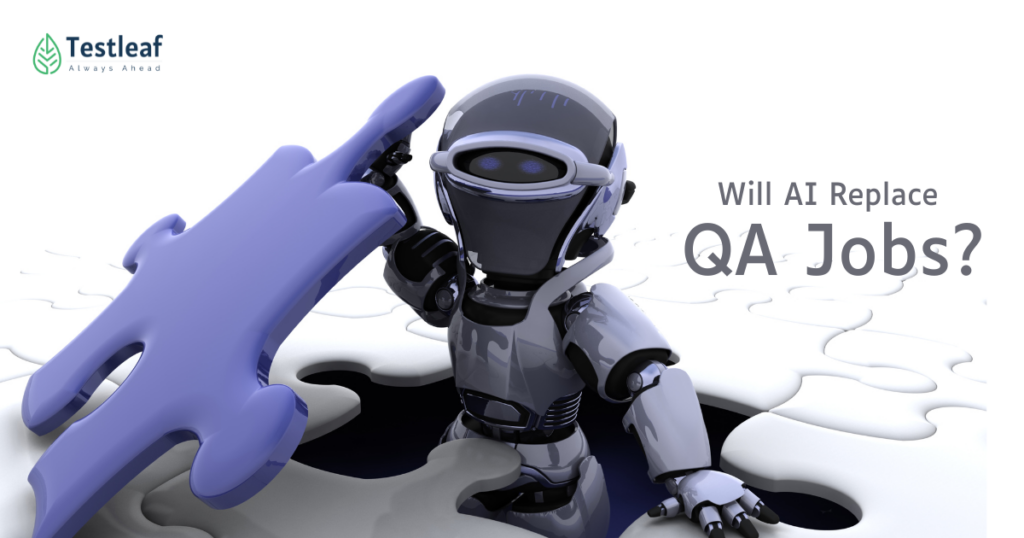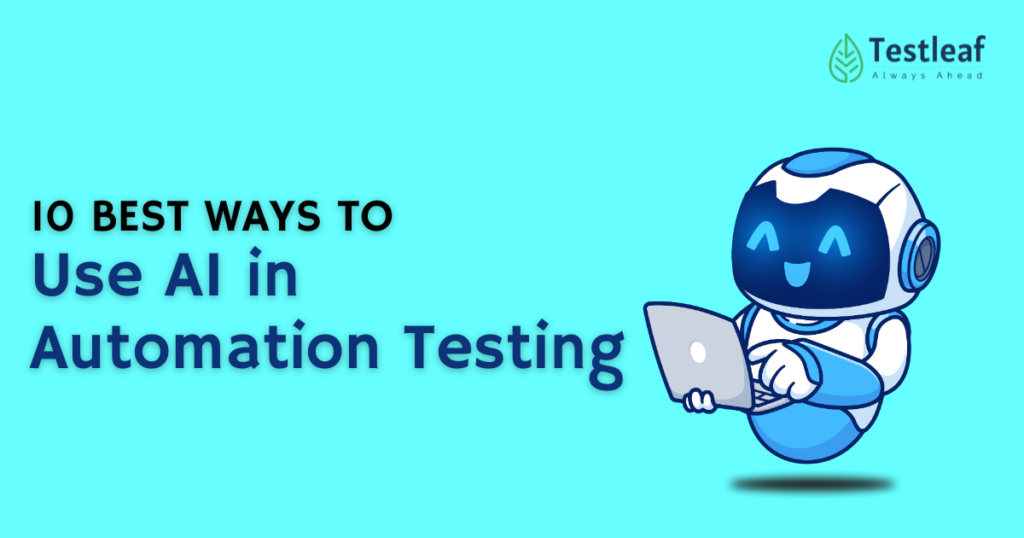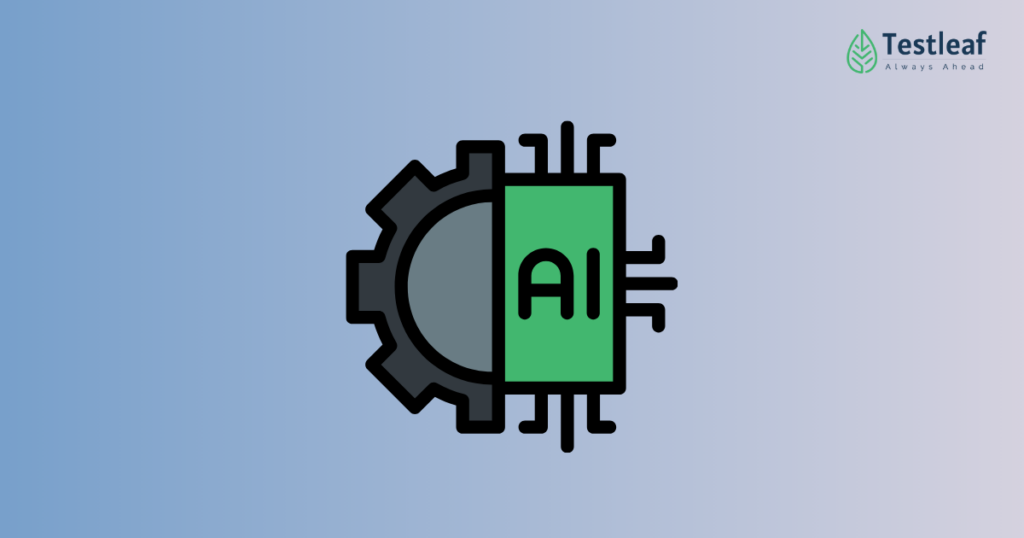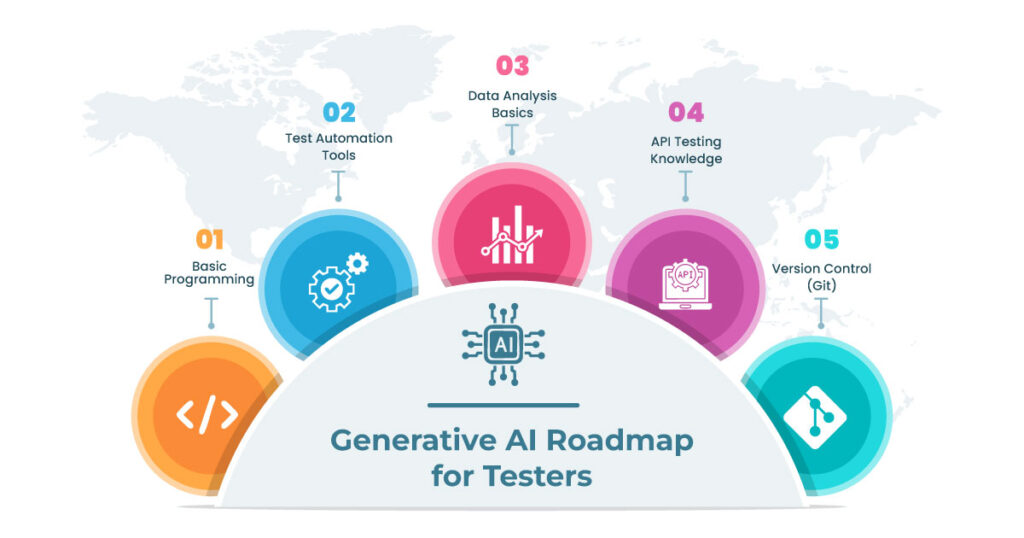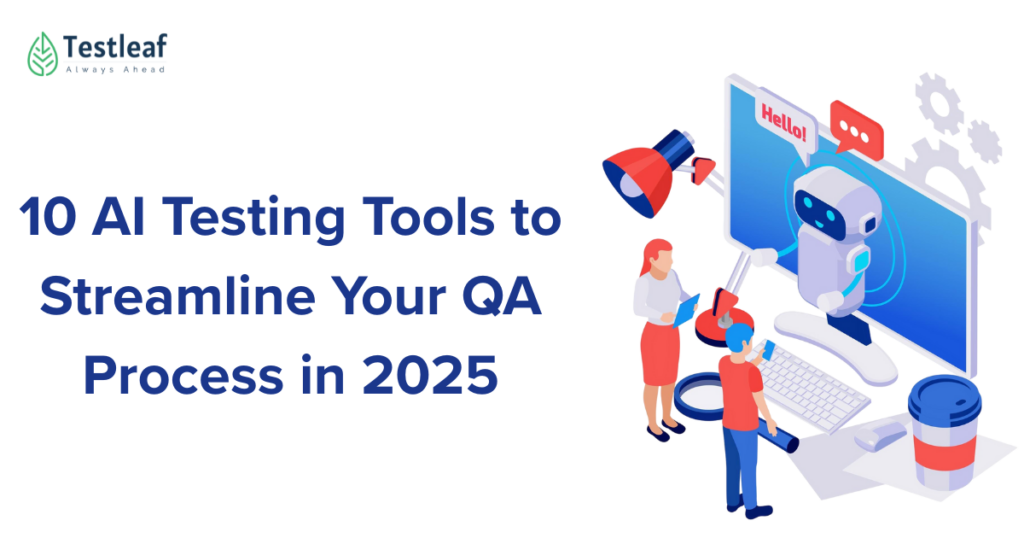Introduction
The age of artificial intelligence is no longer futuristic; it’s here, reshaping industries, disrupting routines, and, more importantly, redefining the job market. While AI has opened doors for innovation and efficiency, it has also quietly begun to phase out roles that are repetitive, low-value, or rule-based.
From bank clerks and data entry operators to manual testers and support agents, AI’s presence is expanding, and it’s doing so without loud announcements.
The unsettling question many professionals are starting to ask is: “Am I next?”
Let’s explore how AI is transforming the workforce, particularly in the tech sector, and how roles in areas like software testing are evolving through the integration of AI and software testing.
Why Low-Value Jobs Are the First to Go
AI thrives in environments where processes are predictable, structured, and repetitive. These are exactly the characteristics of jobs such as:
- Manual data entry
- Routine quality checks
- Basic customer service and support
- Report generation
- Content Production
With the use of machine learning, natural language processing, and robotic process automation (RPA), companies can now complete these tasks faster, more accurately, and at scale. As a result, human input becomes redundant in such functions unless it is paired with creativity, judgment, or technical upskilling.
Top Performing blog: Top 25 API Automation Engineer Interview Questions 2025 With Answers
Why These Jobs Are Vulnerable
These positions share three critical vulnerabilities that make them prime targets for AI replacement:
High Repetition: The tasks follow predictable patterns
Low Creativity Requirement: Solutions are rule-based
Clear Success Metrics: Outcomes are easily measurable
AI systems excel in precisely these conditions, where decisions can be made based on historical data and established rules. Unlike more complex roles requiring human judgment, these jobs can be broken down into discrete, automatable components.
The Software Testing Shift: AI Is Already Here
One area experiencing significant transformation is software testing. Traditionally, software testers have spent hours writing, executing, and maintaining test cases manually. However, the rise of AI in software testing is changing all that.
Modern testing now involves smart tools that can:
- Auto-generate test cases
- Predict risky areas of code
- Self-heal broken test scripts
- Analyse test coverage and results
- Learn from defect trends
This shift isn’t about replacing testers, but about replacing manual effort with intelligent automation. Those who are adapting to AI for software testing are becoming more valuable in their roles, while those resisting change risk falling behind.
Who Is at Risk?
- You might be at risk if your current role involves:
- Repetitive, rule-based work with little to no decision-making
- Zero involvement in tools, automation, or AI technologies
- Minimal upskilling over the past 1–2 years
- No GitHub projects, code contributions, or exposure to real-time tools
In the context of software and QA, testers who still rely only on manual methods without knowledge of tools like Selenium, Playwright, or AI-driven platforms are likely to be phased out first.
How to Stay Relevant: From Risk to Opportunity
AI isn’t something to fear; it’s something to leverage.
Here’s how professionals can future-proof themselves:
1. Learn AI-Aware Tools
Tools like Testim, Applitools, and Functionize are built with AI capabilities. Learning how to integrate and use these platforms gives you an edge.
2. Learn how AI can be used in software testing
AI doesn’t test applications randomly. It learns from historical data, identifies usage patterns, and predicts problem areas. A solid understanding of how AI in software testing functions, from model training to result interpretation, is essential.
3. Upskill Continuously
Enroll in specialised programs and certifications that cover:
- Test automation frameworks
- AI-powered testing tools
- Machine learning basics
- CI/CD pipelines with AI integrations
4. Shift from Tester to Test Engineer
Move from executing test cases to engineering intelligent testing systems. Roles like SDET (Software Development Engineer in Test) or QA Automation Architect are in high demand.
5. Add Real-Time Projects to Your Profile
Don’t just learn, build. Create projects using AI testing tools, share them on GitHub, and show how you applied AI logic to solve quality assurance challenges.
Industries Accelerating the Shift
It’s not just tech companies embracing AI. Industries like:
- Banking & Finance (risk analysis, fraud detection)
- E-commerce (personalised recommendations, chatbot support)
- Healthcare (diagnostic AI, appointment bots)
- Automotive (self-driving algorithms, quality inspection)
are adopting AI aggressively. This means opportunities for those with AI and software testing knowledge go beyond traditional IT.
Recommended for You: Generative AI Roadmap for Testers
Is This the End or a New Beginning?
While it may feel like AI is taking jobs away, it’s more accurate to say it’s reshaping them. The low-value, repetitive tasks are being eliminated, but in their place, higher-value roles are emerging. These new roles require a blend of human intelligence and AI awareness.
The testers who adapt to AI for software testing will become QA strategists, AI model testers, and automation architects. Similarly, support agents will become customer experience analysts. The shift is real, but the opportunity is as well.
Conclusion
The beginning of the end is here, but it doesn’t have to be an end for you. Instead, it can be a new beginning if you’re willing to adapt, learn, and evolve. The workforce is not being wiped out; it’s being redefined. If you’re in a role that depends heavily on manual or repetitive tasks, now is the time to act. Upskill, learn to work with AI, and transition into roles that are future-proof.
There is no longer an option for software testers or quality assurance professionals to ignore AI in software testing. It’s the skill that could keep you ahead of the curve or risk leaving you behind.
As they say, it’s not the strongest who survive, but the ones most adaptable to change. So, the beginning of the end for low-value jobs could just be the beginning of a smarter, more skilled you.
We Also Provide Training In:
- Advanced Selenium Training
- Playwright Training
- Gen AI Training
- AWS Training
- REST API Training
- Full Stack Training
- Appium Training
- DevOps Training
- JMeter Performance Training
Author’s Bio:

As CEO of TestLeaf, I’m dedicated to transforming software testing by empowering individuals with real-world skills and advanced technology. With 24+ years in software engineering, I lead our mission to shape local talent into global software professionals. Join us in redefining the future of test engineering and making a lasting impact in the tech world.
Babu Manickam
CEO – Testleaf
